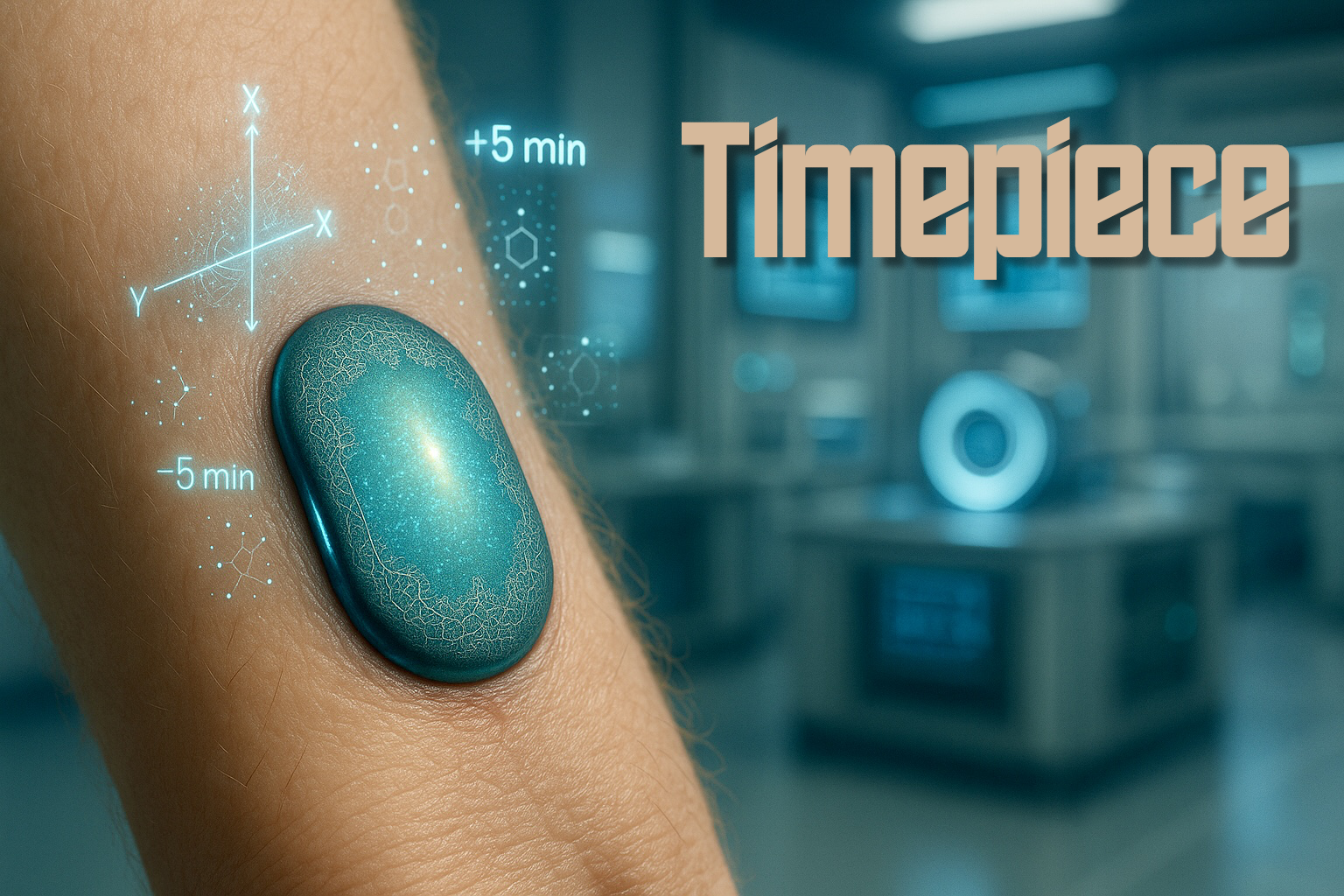The lab was quiet.
Not the reverent stillness of a sacred place, nor the urgent hush of a facility on alert. It was simply… quiet. Ordinary. The kind of silence where machines no longer hummed, data streams no longer pulsed, and the air felt like it finally belonged to the living.
Lila sat in the observation booth, fingers curled around a mug that had gone cold an hour ago. Her eyes were red. Not from crying—she had done that already—but from the relentless question looping through her mind.
Where is Elena Voss?
She hadn’t come back.
Not just from the singularity. From anywhere. The logs showed a hard drop at 2:43 a.m., the implant’s final signal lost in a clean, silent burst. No decay signature. No drift. Just… gone.
Raj hadn’t left the cradle room in nearly twelve hours. He sat beside the still-warm chamber, its interface now blank, its codebase empty. She’d seen him speaking softly to the machine like it could somehow answer him back.
Marcus had been on the phone with the oversight board nonstop. They wanted explanations. A scapegoat. Maybe a miracle.
They’d get none of them.
———————
Elena Voss existed only in memory.
Or so it seemed.
Until the glitch.
———————
At precisely 3:17 p.m., Lila’s monitor flashed.
Once.
Then again.
Not an alert. Not an error. A pattern.
Three blips. Pause. Two. Pause. One.
Morse code.
“V.”
She sat up. The screen shimmered again, then filled with a block of static-text. Not scrolling code. Not machine-readable. It was… handwriting.
Her handwriting.
It read:
**”Lila, stop searching for her. She’s not where you think. She’s where she chose to be. And she left you this.
Check Archive Core 19.”**
Lila bolted.
———————
Archive Core 19 hadn’t been accessed in over four years.
She had to override three levels of encryption just to get in. The lights buzzed to life one by one, illuminating rows of server banks like silent sentinels.
And there, tucked between two rusted racks, was a single crystal storage shard.
Unmarked.
Except for one word, etched by hand into its surface:
AFTERMATH
She slotted it into the reader.
———————
The file wasn’t audio.
It wasn’t video.
It was a message, not sound or image, but a feeling—like Elena’s voice speaking directly to Lila’s heart.
As the system parsed the signal, Lila felt a pressure behind her eyes. Then a warmth. Then words, not heard but felt:
**”This is Elena Voss. If you’re reading this, it means I made it. Not back. But through.
I met someone inside the singularity. A version of myself. One who stayed too long. Became too much. Or not enough. He warned me. Showed me what happens when we keep rewriting the margins of time just to make our stories cleaner.”
She paused. A faint memory-image flickered: the man in the coat. Her own eyes, older.
**”I closed the loop. You won’t find any trace of the jump tech anymore. I purged everything. You won’t be able to rebuild it. Not unless someone makes the same mistakes all over again. But I left you this to remember why we stopped.”
“To the board: forgive Raj and Lila. They didn’t know I went in. And to Marcus… stop trying to control what you don’t understand.”**
Then silence.
Then one last line:
**”Time belongs to everyone. Not just those who can bend it.”
Lila read the final line, her fingers tracing the shard. Elena’s choice echoed her grandfather’s forgotten notes, sealing a legacy that reshaped time’s wounds.
Lila wept.
Not from loss.
But from peace.
———————
The next morning, the lab was shut down.
The machines were disassembled. The quantum cores decommissioned. All backups encrypted and secured under a full embargo.
But the people?
They began again.
Raj left first. He returned to Mumbai, where his sister had opened a neuro-therapy clinic. He taught children with memory injuries how to rebuild thought pathways using music and light.
Lila stayed longer. She took a year of silence. Then she began writing. A book, at first. Then a curriculum. Eventually, a small school. Its first course: “The Ethics of What Might Be.”
Marcus never spoke of the project again. But he funded fifteen independent physics initiatives across three continents. None of them involved time travel.
He said it was penance. Others called it progress.
———————
And Elena?
She was gone.
But not.
———————
Somewhere on a hillside in coastal New Zealand, a girl named Elian tends a flower garden beside a research outpost. She has no implant scar. No digital trace.
But sometimes, when the clouds break, and the sun hits the ocean just right, she closes her eyes and hums a tune no one taught her. It makes the older botanists pause, struck by the sense they’ve heard it before, though they can never place where.
Elian knelt in the garden, her fingers tracing a flower’s petals, humming a tune that felt like home.
And the world goes on.
Unwritten.
But whole.



